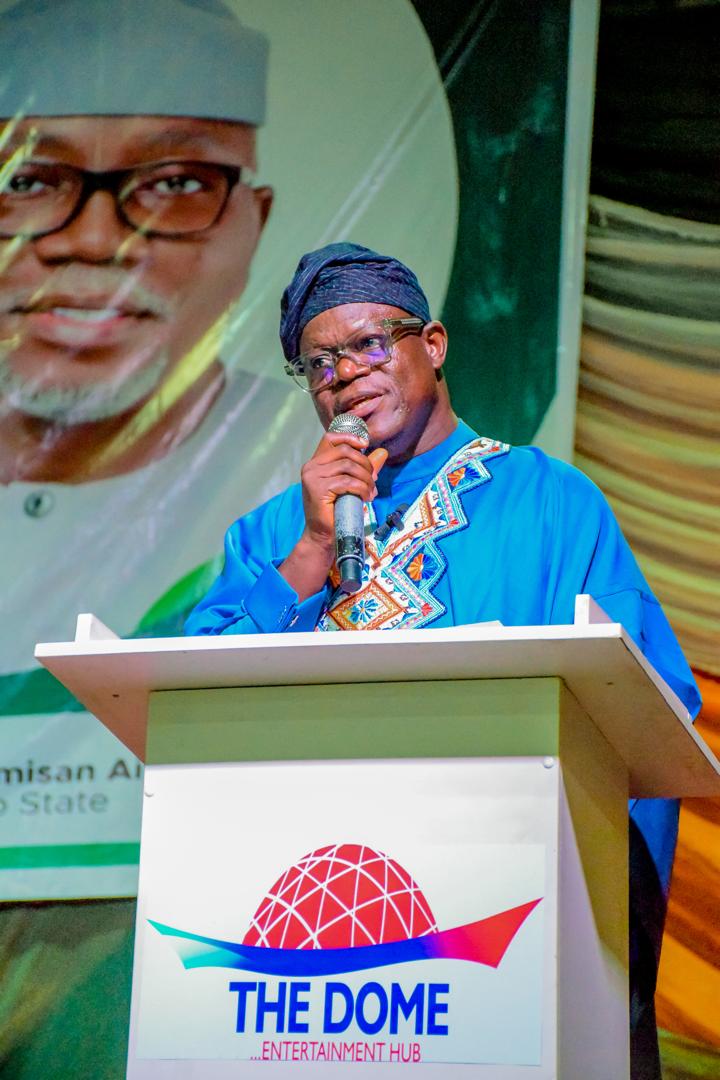Electoral reforms with the introduction of technology must be deepened to ensure credible and violence-free election in Nigeria, the National Secretary of the ruling All Progressives Congress, APC, Senator Surajudeen Ajibola Basiru, has declared.
Basiru made the declaration while proffering solutions to the numerous challenges faced by the nation’s democracy since its return in 1999.
The APC chieftain spoke on Tuesday as Guest Speaker at the event marking the 2024 Ondo State Democracy Day.
The title of his paper is “The State of Democracy in Nigeria: Issues, Challenges and the Way Forward”
He said a way out of the problems confronting the nation’s democracy, there should be strict enforcement of electoral laws and penalties for violations.
He stated further that as a way out, judicial reforms should focus on ensuring the judiciary’s independence and expediting the resolution of disputes.
“Good governance can be promoted through transparent, accountable, purposeful leadership and robust anti-corruption measures.
“Local government reforms should enhance financial autonomy, capacity building, transparency, and community participation to improve service delivery.
READ ALSO: Enugu-Onitsha crash: FRSC rescues 25 victims alive
“Strengthening democratic institutions necessitates both resource allocation and protection from political interference. These reforms collectively can lead to more effective and efficient democratic processes and governance and foster public trust, resulting in better infrastructure, social services, and quality of life for citizens, and Nigeria can achieve sustainable development,” he said.
The APC chieftains listed the challenges which had impeded the growth and consolidation of Nigeria’s democracy as including electoral integrity, judicial efficiency, good governance, corruption, ineffective local government administration, and institutional weakness.
He reasoned that while election reforms had been directed at improving transparency and reducing malpractices, issues such as vote- buying and electoral violence had continued.
He argued too that although judicial reforms had focused on enhancing the independence and efficiency of the judiciary to better handle disputes and uphold the rule of law, the slow pace of reforms and political interference had continued to work against it.
“Good governance remains elusive due to systemic corruption and weak institutional frameworks. Anti-corruption efforts have seen some success, but they are often undermined by a lack of political will and accountability.
“Establishing stronger democratic institutions, including electoral commissions and anti-corruption agencies, is critical for sustainable development and political stability,” he stressed.














